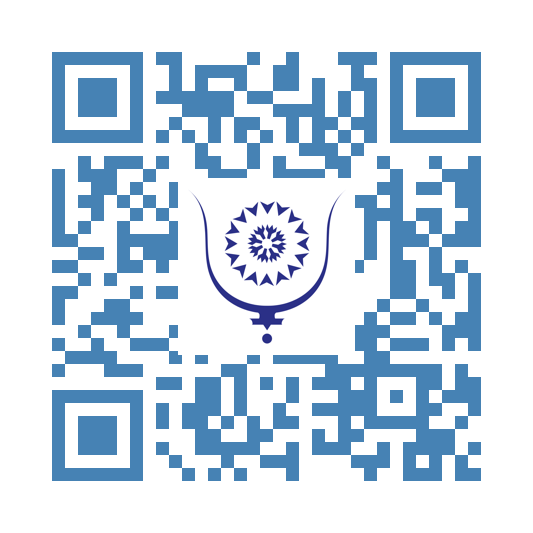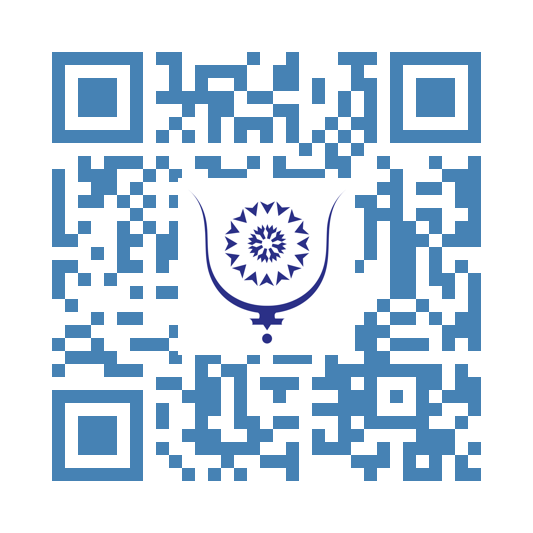Moroccan Sahara: De Mistura's Statement, A Diplomatic Turning Point or a Headlong Rush
The UN Secretary-General's Personal Envoy for "Western" Sahara, Staffan de Mistura, made a statement in Italian, his most comfortable language for expressing emotions, that was remarkably frank. His tone, unusual for a diplomat, was direct and unambiguous. In essence, he said that the Moroccan Sahara conflict is not a "decolonization" issue but rather an indirect confrontation between Morocco and Algeria. He thus broke a diplomatic taboo and deconstructed a narrative sustained for fifty years with billions of dollars by a military regime from another era, which projects its frustrations and shortcomings onto this conflict. For the first time, a UN emissary publicly said what researchers, diplomats, and observers have been repeating behind closed doors for nearly half a century.
Since the Green March in 1975, the Sahara question has been marked by two irreconcilable narratives. Morocco rightly considers this territory an integral part of its territorial integrity. History and geography prove this. This position is now supported by Washington, Paris, Madrid, London, most Arab countries, and nearly 110 other UN member states. Morocco, acting in good faith for decades, has spared no effort to find common ground with its eastern neighbor. Tired of Algeria's chronic and toxic animosity, Morocco proposed an autonomy plan for the region in 2007, within the framework of its sovereignty. Since then, nearly the entire international community views this proposal as the only feasible one. In reality, it is the only one on the table: the opposing party has never offered a credible solution apart from the partition of Morocco.
Algeria, meanwhile, supports its proxy, the Polisario Front, militarily, diplomatically, and financially, while denying direct involvement in the conflict. Algeria continues to call for a self-determination referendum that has become unrealistic as demographic, political, and security balances have shifted. It is worth recalling that Algeria deliberately obstructed a referendum that King Hassan II himself had proposed.
Until now, the UN had maintained a façade of neutrality, speaking of a "political process" under its aegis. But everyone knew that behind the polished phrases, this was a strategic power struggle between Rabat and Algiers.
In this context, how should De Mistura’s comments be understood, if not as a calculated move ahead of a crucial Security Council meeting? This time, it came after several powers, notably the United States, France, and the United Kingdom, openly supported Morocco’s autonomy initiative.
Two interpretations are possible:
- Is it pressure on Algeria to publicly acknowledge its central role? De Mistura thus pushes Algeria to take responsibility and abandon its comfortable posture as a "mere observer."
- Is it a recognition of impotence? The Italian diplomat implicitly acknowledges that the UN has failed to impose a solution, and that the outcome now depends on a political power balance within the Security Council.
In either case, Algeria stands more contradictory than ever.
For fifty years, Algiers has contributed to freezing the conflict, at great cost:
- A lasting blockage of Maghreb integration, depriving North Africa of vital economic integration;
- Eroding regional opportunities in energy, trade, and collective security;
- A burden on the international community, with a UN mission (MINURSO) unable to fulfill its mandate, but whose funding and costs continue indefinitely.
This policy has gradually isolated Algeria diplomatically, while Rabat gains increasing support, especially after the US recognized Morocco’s sovereignty over the territory in 2020.
Are we finally moving toward a historical clarification? The central question now is whether the Security Council is ready to take a step forward. Two options present themselves:
- Fully endorse the Moroccan approach, recognizing the autonomy plan as the only serious negotiation basis;
- Or maintain the diplomatic fiction of a decolonization process, risking prolonging a conflict that undermines the UN’s credibility and regional stability.
By confronting Algeria with its responsibilities, De Mistura has changed the tone of the debate. Even if his gesture can be read as a sign of frustration or a last warning, it has the merit of bringing political reality back to the forefront.
The future of Western Sahara no longer depends on technical reports or ambiguous language: it requires clear political will. Sooner or later, that will must end a costly historical anomaly in the Maghreb, Africa, and the world, which also weakens the credibility of the multilateral system.
Staffan de Mistura has gone further than his predecessors. At the very least, he deserves the medal of candor.
The Security Council will no longer read the question the same way and must change course, the wind has definitively turned.


